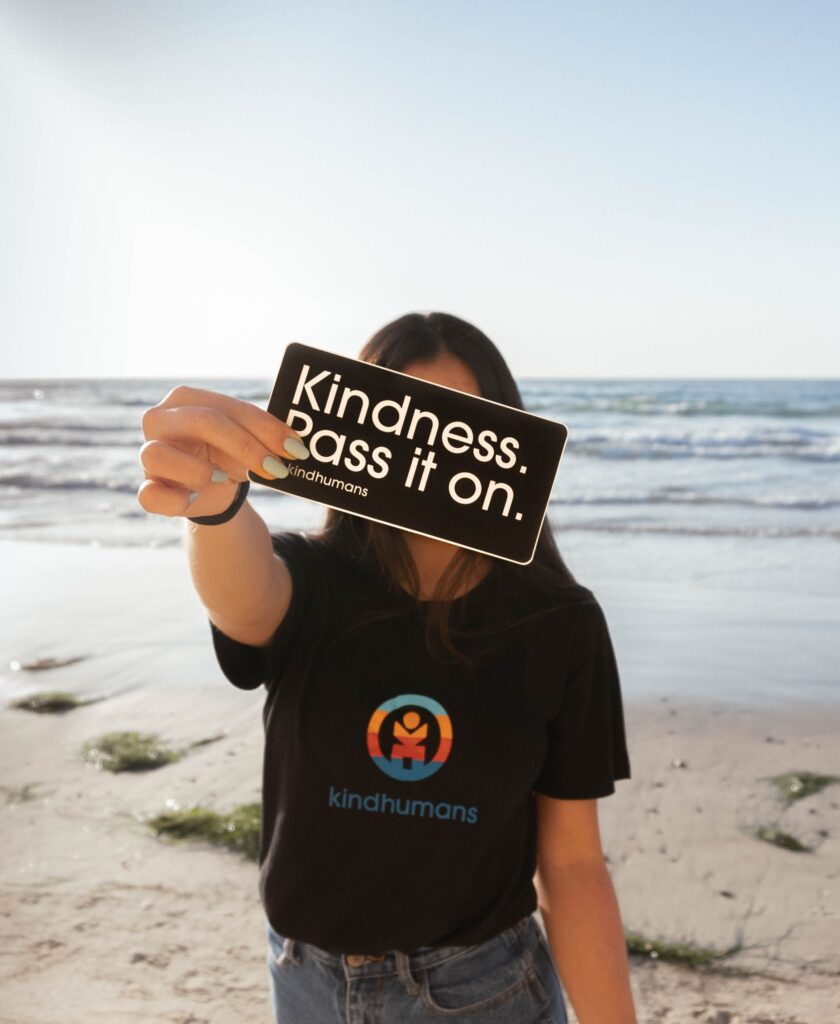The guilty party
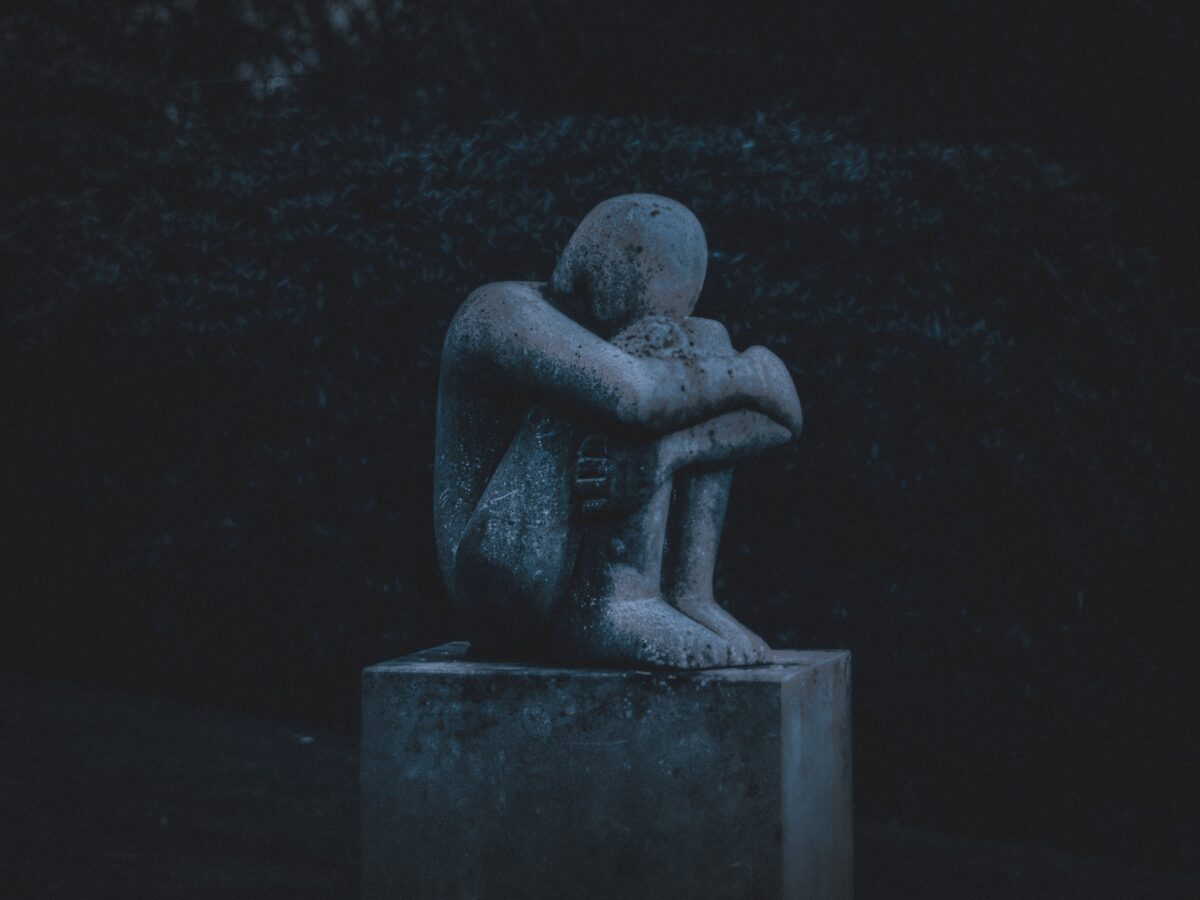
A conference in South Africa – what an incredible treat after years of corona. Together with a colleague, I couldn’t resist grabbing the chance to take a short holiday beforehand. On the final day before the conference, we were priding ourselves on having successfully travelled around a country known to be risky, despite being two females alone. We were alert, avoiding dark streets, locking the doors whilst in the car, keeping valuable possessions out of sight. We were mentally prepared for pickpockets or hard-luck stories. We were sensible and intelligent, so we would stay safe.
Then, walking near the parliament in Cape Town, three men dressed as security guards shouted at us to clear the street, as the minister would be coming past. Blind obedience took over, and we found ourselves herded into a shop – and then to a cash machine. Now we knew that something was wrong. While one ‘guard’ kept my friend away, the other two surrounded me, and demanded I insert my creditcard ‘to get a permit to walk around the area’. Obviously total rubbish, but all I could think of was to go along with them, while at the same time doing everything I could to thwart them by blocking their view of my pincode, which I succeeded in doing. But, as time went on, it became clear that they would not let us go without getting what they wanted, so I gave in.
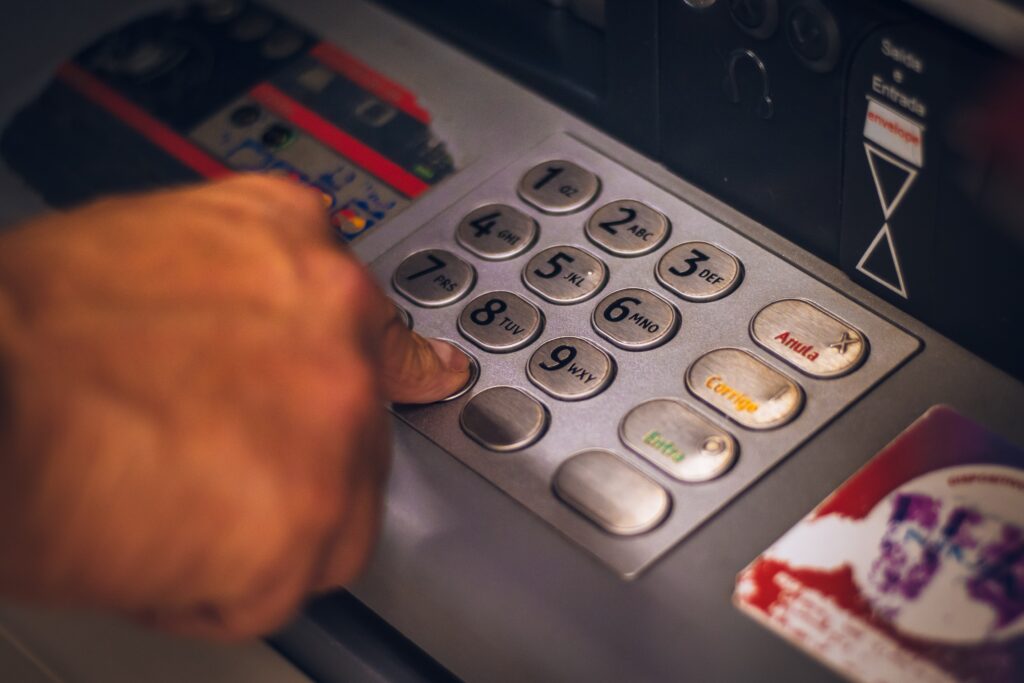
Having got my card and pin, they turned their attention to my friend, insisting she put her card in the machine as well. While she resisted, I had a moment’s breathing space to get my numbed brain working – and pulled out my phone to call for help. Whether because of that, or because my friend seemed a tougher nut to crack, the men vanished. Trembling, my friend asked two nearby ladies for help. Despite them having no reason whatsoever to help out two total strangers, they were wonderfully caring and friendly, walking us safely to our car.
Everyone, from the hotel staff, to the bank, to our colleagues attending the same conference, were incredibly supportive. Yet, as we told our story, I could see the confusion in their eyes. Why had we given in, when we had not been physically threatened, when the men were not even armed? Why didn’t we just tell them it was bullshit and to get lost? Why hadn’t we phoned for help, or called out to someone in the shop?
These same questions haunted us, and we went over them again and again together. If only we had walked elsewhere, if only we had said this, or done that… This self-castigation had an incredible effect on us – we felt guilty. Guilty of being stupid, of being incompetent, incapable of looking after ourselves.
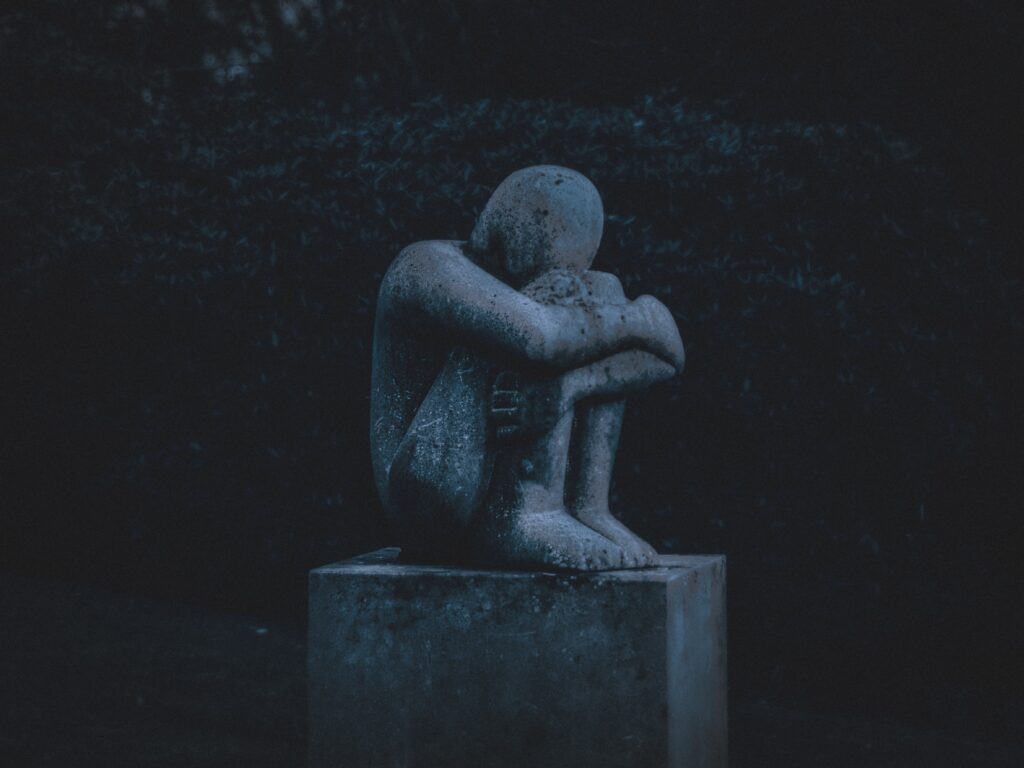
Such guilt is familiar to me. I feel it whenever something goes wrong that I could have prevented. It has a valuable use in encouraging me to be more careful. For this reason, I intentionally provoke such guilt in my children when I feel that they have been careless. ‘How could you leave your phone lying there?’, I berate them. ‘Why wasn’t your purse in your zip-up pocket?’.
But, while keeping your valuables safe is obviously the sensible thing to do, what was the obvious sensible thing to have done in our case? All the alternative courses of action we considered afterwards could have had a good outcome. Phoning or calling for help, refusing to cooperate, saying we had no credit card, all could have resulted in the robbers running off. However, the effect could have been very different. Taking such actions might have escalated the situation, provoking the men into grabbing our phones, taking our bags, or even panicking them into shutting us up physically. Aside of the risk to ourselves, what if we had asked someone for assistance, and that person had swung into action on our behalf – only to be harmed themselves? How much more guilty would I have felt, if someone had been injured – or even killed – while responding to our cry for help?
Behaviour in a threatening situation is instinctive. We’ve all heard of the ‘fight or flight’ response. But it is only recently that I heard about another common reaction – freeze. Such reactions are instinctive, driven by our bodies, and can’t be easily controlled. For me, freezing is my standard reaction, and that is what happened to me in that shop. Another colleague told me of an incident when he was faced by a mugger with a knife. His instinctive reaction was ‘fight’ – he shouted ‘F*** off!’. The mugger ran away. His instinctive reaction was clearly ‘flight’. But what would have happened if his reaction had also been ‘fight’? My colleague could have ended up dead.
Just such a tragic situation occurred in America, when teenagers demanded a mother with a baby give them her purse. She ‘fought’ to the very mild degree that she told them that she had no money, yet that was enough to make them shoot her baby dead. The reaction of most people when hearing such a story is to think, ‘Why on earth didn’t she just give them her purse?’. Where is the dividing line, then, between when it is stupid to go along with a robber, and when it is stupid to refuse? The outcome of such situations depends not only on our own instinctive reaction under stress, but also on the instinctive reaction of the other person. There is no set plan you can follow.
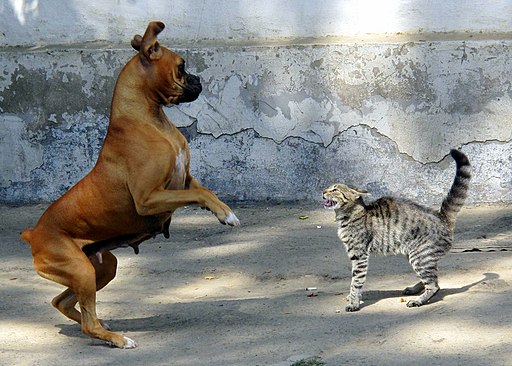
Freezing, as I did, is just as valid a response to a threatening situation as fight or flight, and has its benefits. Yet, even after realizing that there was no ‘correct’ action I could have taken, I still feel deeply ashamed of having been so passive. Partly, I think that is because we live in a society that values action above inaction. But partly, I think it comes from the criticism I sense from others when I tell them what happened. While these critical reactions hurt me, at the same time, I understand them, as it is exactly what I would think if someone told me the same story.
We want to believe in the fallacy of control. When we hear someone tell us about a dangerous situation they have been in, we want to believe that we can avoid being in a similar situation, by making sensible choices. Or, failing that, if we do end up in such a situation ourselves, that we are smart enough to act in the correct way to protect ourselves (and preferably also apprehend the culprit in a dramatic and impressive fashion). Realising that, at such a moment, we are hostage to the basic instinctive reactions not only of ourselves, but of the attacker, is terrifying. Blaming the victim of a crime for getting into a dangerous situation, or failing to handle it correctly, is a way of reassuring ourselves that we can stay safe.
The evening of the robbery, my friend and I sat alone in a restaurant, rehashing the incident again and again, feeling stupid, feeling worthless, feeling guilty. Then, at one point, one of us said, ‘Wait a minute, why are we feeling guilty? They shouldn’t have robbed us!’. When someone is the victim of a crime, instead of blaming them for failing to react correctly to a completely unexpected, frightening situation, we should blame the person who deliberately and callously created that situation. The only truly guilty party in a crime is the criminal.
However, I don’t want to end this post by thinking about those men, whether they were greedy and calculating or driven by poverty and desperation. I would rather think about those two women, who showed such kindness to two complete strangers. In doing so, they took a risk. For all they knew, our cry for help could have itself been a scam, a trick to lure them away to a gang of robbers on a side street. How we act under stress is involuntary and instinctive, while showing kindness to others in need is a deliberate choice.
With intensive professional training and a lot of practice, I might be better able to handle any criminals I might encounter in the future. Most likely, though, if I were then to be placed in the shoes of those women, that conditioning towards self-preservation would make me refuse to help. Given that I – hopefully – will not regularly be the victim of crime, I would rather turn my energies to the daily opportunities where I can deliberately choose to be kind. I will still be alert and take sensible precautions – I don’t indeed to become an easy mark for every sob story. If, despite these precautions, I once again become the victim of a criminal, I will once again feel guilty. But I would far rather feel guilty about my own instinctive defensive reactions, than feel guilty because I deliberately chose not to help someone else when they were most in need.
